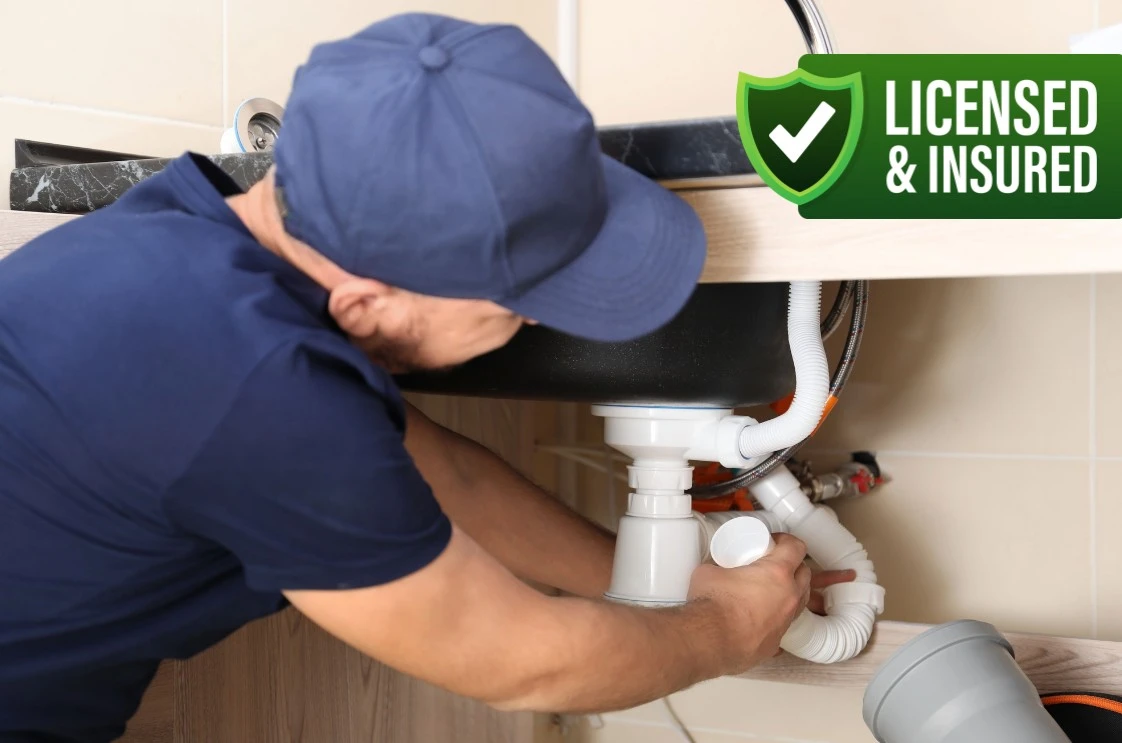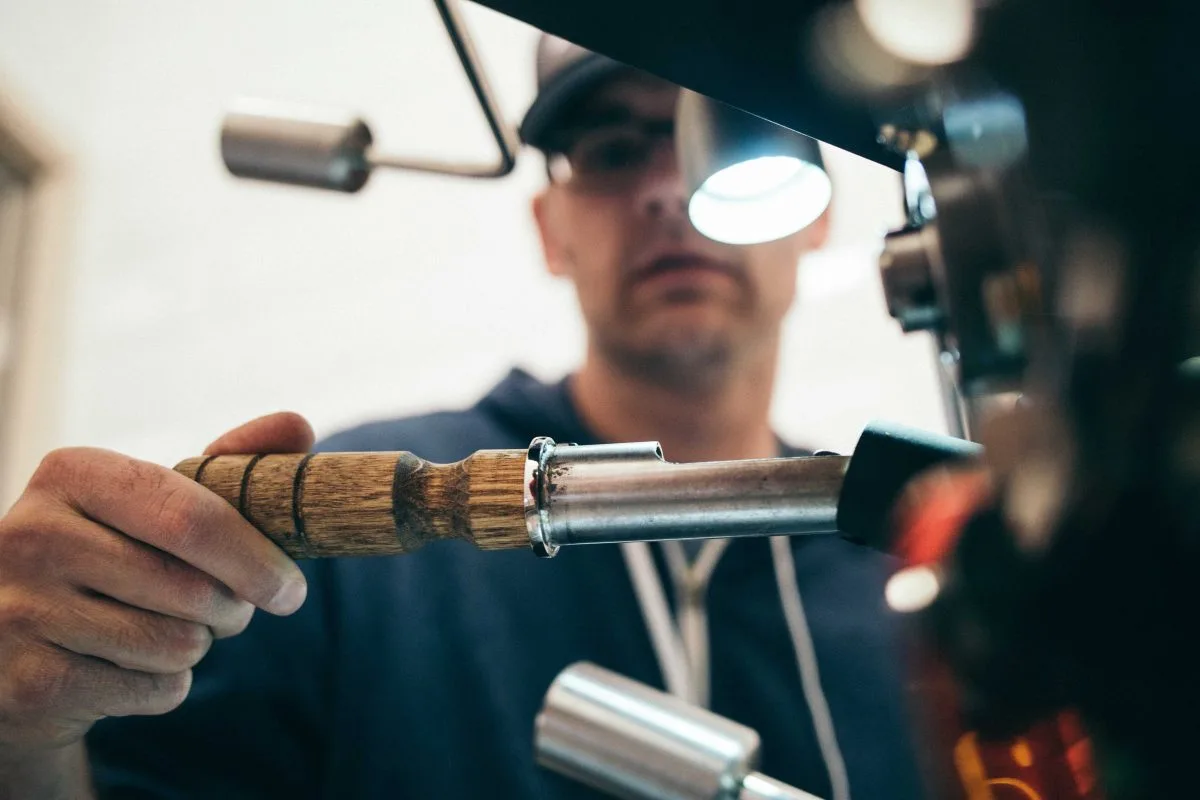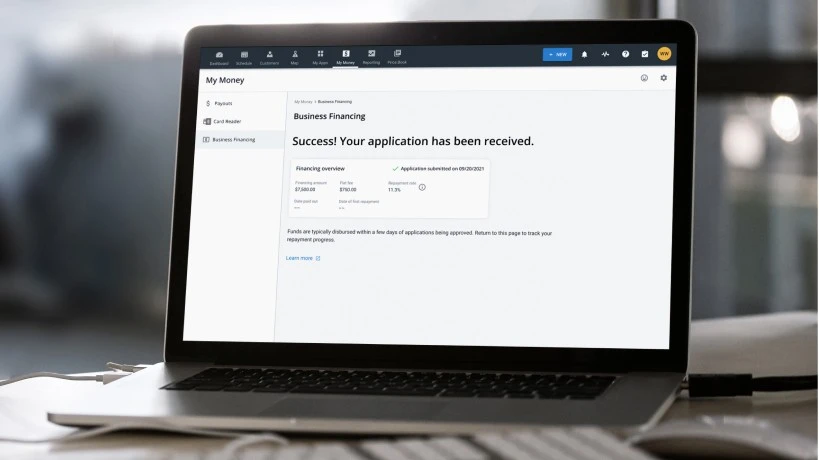
Choosing adequate insurance is an integral part of running a small business. Tech schools and on-the-job training can teach you how to install and repair equipment in the field, but there is a lot more to consider when building your own company.
Most contractors hire insurance agents to find them the best deals, but you still need to know what you are looking at. Insurance policies can protect against unforeseen events, accidents, and equipment losses and can cover any legal fees you might accrue in the wake of a claim. On top of all that, your potential clients will look for signs of integrity and credibility in your business, which often includes your insurance policies.
Let’s take a look at the different types of insurance you might consider as a contractor so you can make more informed decisions that secure your business’s future and mitigate risks you could encounter along the way.
Understanding Plumbing Business Insurance
Business insurance is a tailored form of commercial insurance designed to meet the specific needs of contractors and small businesses. For plumbing companies, it encompasses a range of coverage options that protect against the risks associated with plumbing work, including property damage, injuries, and legal liabilities.
For plumbing business owners and operators, obtaining appropriate insurance coverage is a pivotal part of running a successful business. As with most trades, plumbing comes with some inherent risks. Potential water damage, injuries on-site, auto accidents, and legal disputes can result in significant financial burdens if not adequately insured against. An unforeseen incident could not only disrupt daily operations but also threaten the financial stability of the business. In many jurisdictions, certain types of insurance may be legally required for operating your business. Failure to comply with these requirements can lead to fines, legal action, or even the suspension of business operations.
Types of Plumbing Business Insurance
General Liability Insurance
General liability insurance is a foundational coverage that addresses claims of bodily injury and property damage. General liability is essential for contractors and is often mandatory by law. This type of insurance covers your business if your products or services cause property damage or injury. It can help cover medical bills and attorney fees if you are found liable for the damage. Not only does this insurance safeguard your business financially, but it also plays a critical role in maintaining your company’s reputation by ensuring that any claims are handled professionally and promptly. Most homeowners will not hire contractors if they don’t have an adequate general liability policy.
Professional Liability Insurance
Professional liability insurance, often referred to as errors and omissions (E&O), provides coverage in the event of mistakes and unintentional omissions during your professional services. This type of insurance is particularly relevant for plumbing contractors who provide consulting or design services, as it covers the financial loss that a client might experience due to the advice or services rendered. Essentially, this type of insurance covers your business in the event you make a mistake during a job. It ensures that unintentional professional errors do not result in catastrophic financial consequences for your business.
Workers’ Compensation Insurance
Workers’ compensation is important if you have any employees working for you. Some independent contractors who work alone choose to forgo workers’ comp insurance, but that can have some significant repercussions should you, yourself become injured on the job. Workers’ comp insurance covers medical expenses and lost wages for employees who are injured as a direct result of their job. In many jurisdictions, having workers’ compensation insurance is a legal requirement for all businesses with employees. In the unfortunate event of a workplace accident, this insurance assures that employees are supported financially, which can safeguard your business against claims of negligence or unsafe work conditions.
Commercial Auto Insurance
Commercial auto insurance is necessary if your business relies on work vehicles to transport tools, equipment, and employees to various job sites. Some type of auto insurance will be needed for most businesses in the trades. Specific auto policies will depend on the age and condition of your work vehicles and the coverage you choose. Auto insurance will cover damages and replacement costs of business-owned vehicles, as well as any bodily injury or property damage that may occur during the operation of these vehicles.
Equipment and Tools Insurance
Equipment and tool insurance is not mandatory like many of the other business policies, but it is often a good idea for plumbing businesses and other trades. It covers the loss, theft, or damage of tools and equipment. Tools are essential for daily operations and they can be quite expensive. Many such companies and small businesses have built up their tool collection over many years. If a number of them are suddenly stolen or damaged, it may be nearly impossible to replace them in a short time. Equipment and tool insurance assists you in quickly replacing or repairing lost and damaged tools.
Commercial Property Insurance
Commercial property insurance is something to consider if your business has a physical location, like a shop, shed, or other area you use for equipment or tool storage. In some cases, this is onsite at your home or it could be a property specifically rented to your business. Commercial property insurance protects personal property located onsite at your business. This can include all of the tools, equipment, and inventory stored at your location. It also covers the physical damage to the buildings on site from fire damage, theft, and potential lost wages if the property damage prevents you from operating your business. For companies that have a physical location, this type of insurance is often necessary.
Assessing Your Insurance Needs
Each business is unique and will have its own needs when it comes to insurance policies. Independent contractors and small businesses may have entirely different needs than larger operations, particularly in terms of liability and property insurance.
The location of your business can also impact your insurance decisions due to varying state laws and the potential for natural disasters. Understanding the specific risks associated with your business location can guide you in selecting the right insurance policies.
Because of how complex business insurance can get, it is advised to talk with an insurance agent who specializes in small businesses. They can provide insights into potential risks you might not have considered and suggest tailored insurance solutions to ensure comprehensive protection for your business. Your goal should be to secure a policy that provides adequate coverage for your needs without over-insuring.
How to Choose the Right Insurance Provider
When evaluating potential providers, it’s important to consider their experience, recommendations, and the quality of their customer service. A provider with a strong reputation and proven success is more likely to handle claims efficiently and fairly, ensuring you receive the support you need when you need it.
Comparing quotes and terms from multiple insurance companies can also help you find the most comprehensive coverage at the best price. Be sure to review the fine print, looking out for any exclusions or limitations that could affect your coverage. It can be helpful to prepare a list of questions for potential providers. If possible, find an agent who has experience with other plumbing companies and contractors. If you have a few connections in the field, ask around and see which agents other local contractors are using.
Get In Touch: 858-842-5746
Let us earn your trust
See plan options and feature breakdown on our pricing page.
How to Reduce Your Plumbing Business Insurance Costs
One of the biggest things you can do is take steps to mitigate risks associated with your business operations. This could involve implementing more rigorous safety protocols, providing regular training for your employees on safe working practices, and investing in high-quality equipment and materials that are less likely to fail. By showing that you are committed to minimizing claims, you may qualify for lower premiums.
Additionally, consider adjusting your deductibles. Higher deductibles often lead to lower premium costs, but it’s important to balance this with the financial capability of your business to cover such deductibles in the event of a claim. Some types of coverage may be more important to your company than others. You might want higher coverage in one area and lower in another to balance out costs. Bundling multiple types of insurance policies with the same provider may be able to offer savings through multi-policy discounts.
You should regularly review and update your insurance coverage as your business grows and changes. Keeping your policies in line with your current business operations can prevent overpaying for unnecessary coverage.
Common Mistakes to Avoid
Underinsuring your business.
Underestimating the level of insurance your plumbing business requires can lead to devastating financial losses in the event of a major insurance claim. Not only could this result in out-of-pocket payments for claims that exceed your policy limits, but it also risks the sustainability of your business. This is one case where it would be helpful to speak with a professional who can conduct a detailed risk assessment of your business and identify potential gaps in your coverage.
Overlooking certain types of coverage.
Some small businesses only take out the business insurance required by state and local laws. However, this could leave both yourself and your business at risk. For example, if you are an independent plumber with no other employees, you might forgo workers’s compensation coverage to cut costs. This is fine as long as you never get injured on the job. If you do find yourself injured and unable to work because of an accident on a job site, your entire business could go under without coverage for your medical bills and lost wages.
Not regularly reviewing and updating your insurance policy.
A good agent understands your business’s unique needs and can recommend adjustments to your policy that could save money or enhance your coverage. It is essential to keep your insurance agent informed about significant changes in your business, such as expanding services, acquiring new equipment, or changes in revenue. These factors can affect your premium and the extent of your coverage.
Examples of why Plumbing Business Insurance is Important
Scenario 1:
ABC Plumbing is a small business that offers plumbing services to residential and commercial properties. One day, while working on a bathroom remodel for a client, an employee accidentally damaged the client’s expensive marble flooring. The damage requires significant repair, resulting in a costly claim against ABC Plumbing. Luckily, they had general liability insurance that covered the cost of repairing the flooring. Without this coverage, ABC Plumbing would have had to pay for the repairs out of pocket, potentially causing financial strain on their business.
Scenario 2:
XYZ Plumbing is a medium-sized business that provides plumbing services to large commercial buildings. One day, while working on a high-rise office building, an employee accidentally causes a water leak that damages several floors and disrupts business operations for multiple companies. The resulting property damage and loss of income led to a significant claim against XYZ Plumbing. However, they had professional liability insurance that covered the cost of repairs and lost income for the affected businesses. This coverage not only protected XYZ Plumbing from financial losses but also helped maintain its reputation as a reliable and responsible business.
Scenario 3:
John’s Plumbing has been in business for over 30 years without incident until a major fire broke out in their warehouse. The fire destroyed all of their equipment and supplies, leaving them unable to continue operations. Luckily, John had a purchased commercial property insurance policy, which covered the cost of replacing the lost equipment and rebuilding the warehouse. Thanks to this coverage, John’s Plumbing was able to quickly get back on their feet and continue serving their loyal customers.
Ensuring Your Plumbing Business isn’t at Risk
Securing the proper insurance for your plumbing business is not merely a legal requirement; it is a fundamental aspect of risk management that ensures the resilience and stability of your small business. Insurance covers you from the inevitable mistakes, accidents, injuries, and unforeseen events that can affect your business, employees, equipment, and property. Adequate insurance coverage is simply part of running a business. For plumbing companies, there can be a lot to consider and there is no “one size fits all” insurance that works for every business. Know which policies you need to carry to legally operate your business and then speak with a trusted insurance agent to decide which of the other policies would benefit your company.
We’ve created a checklist at the bottom of this article that states all of the insurance types mentioned above. Feel free to use this checklist when you speak to potential agents about your business.
Additional Resources
For industry-specific solutions, companies such as Plumbers’ Insurance Co. and WaterWorks Insurance Specialists stand out for their understanding of the plumbing trade and the unique risks plumbing companies face. These providers offer a range of policies, including general liability, professional liability, and workers’ compensation tailored specifically for the plumbing industry.
Business insurance checklist for plumbing and other trades
- General Liability Insurance: Offers protection against claims of bodily injury and property damage as a result of your products, equipment, or services. This is required in most states.
- Professional Liability Insurance: Also known as errors and omissions (E&O) insurance, it covers claims related to mistakes in the services you provide.
- Workers’ Compensation Insurance: Mandatory in most states if you have employees. It provides coverage for accidents or illnesses that occur as a result of work.
- Commercial Auto Insurance: Essential if your business uses vehicles. It covers damages and liability arising from accidents.
- Tools and Equipment Insurance: Useful for trades and independent contractors whose jobs rely on the tools and equipment needed to provide services.
- Commercial Property Insurance: Necessary for businesses with physical locations. It covers losses relating to property damage, including buildings, tools, equipment, and inventory.
- Business Owners Policy (BOP): A package policy that combines general liability, property insurance, and other coverages into one. It’s often more cost-effective for small businesses.






